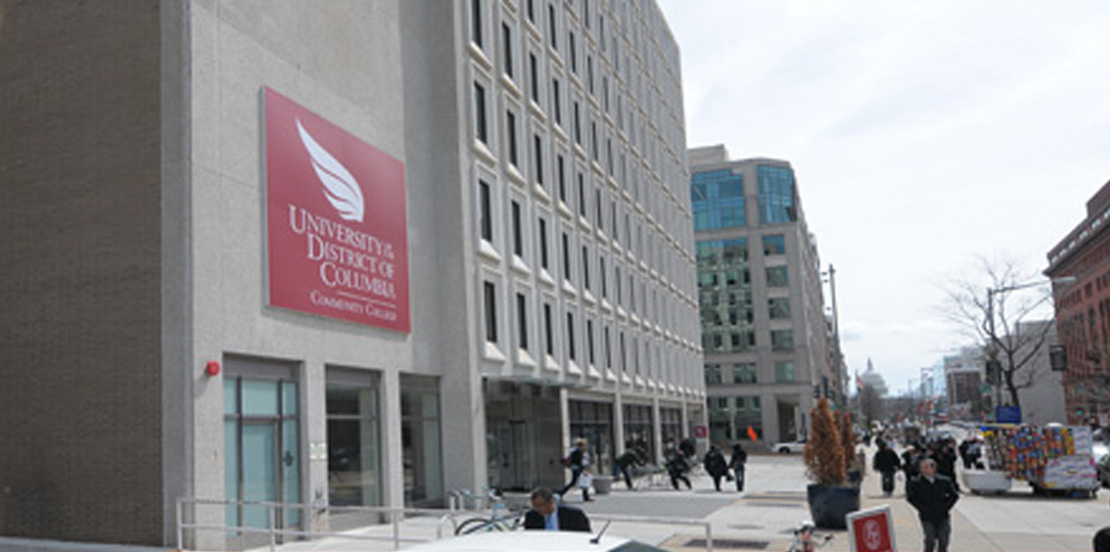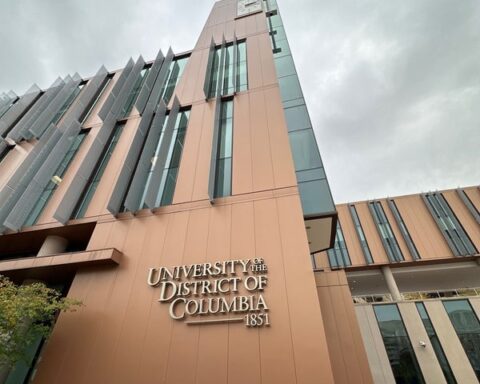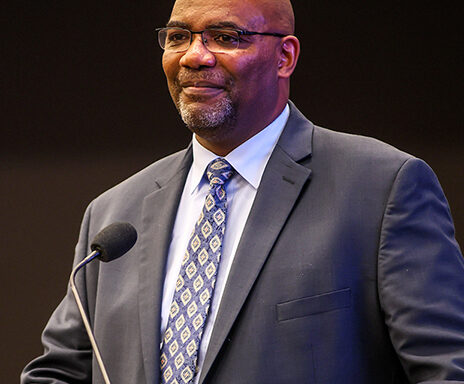By University of the District of Columbia,
The Bachelor of Science program in Biomedical Engineering at the University of the District of Columbia (UDC) has become the first of its kind among Historically Black Colleges and Universities (HBCUs) to receive accreditation from the Accreditation Board for Engineering and Technology (ABET).
ABET is a nonprofit, non-governmental agency that accredits applied and natural science, computing, engineering and engineering technology programs. ABET accreditation assures that a college or university program meets the quality standards of the profession for which that program prepares graduates. To date, 4,361 programs at 850 colleges and universities in 41 countries have received ABET accreditation. More than 175,000 students graduate from ABET-accredited programs each year, and millions of graduates have received degrees from ABET-accredited programs since 1932.
Biomedical engineering applies engineering principles and design concepts to solve medical-related problems that affect human quality of life. As the average lifespan increases and more patients seek active and healthy lifestyles, there is a national need for research and degreed professionals in the biomedical engineering field.
In addition to earning an ABET-accredited degree, UDC’s biomedical engineering students benefit from a unique and advantageous ecosystem, including access to several world-renowned biomedical institutes near the University as they ultimately pursue professional careers in this growing field.
Dr. Lara Thompson is the founding director of the Biomedical Engineering program in the School of Engineering and Applied Sciences (SEAS). She is an Associate Professor of Mechanical Engineering and the founding director of the Center for Biomechanical & Rehabilitation Engineering. Thompson brings a background in mechanical engineering, aeronautical/astronautical engineering and biomedical engineering to UDC, including work at Harvard-MIT Division of Health Sciences and Technology (HST), Stanford University and University of Massachusetts Lowell. Thompson is a principal investigator on multiple awarded grants from the National Institutes of Health, National Science Foundation, National Aeronautics and Space Administration and the Department of Aging and Community Living.





